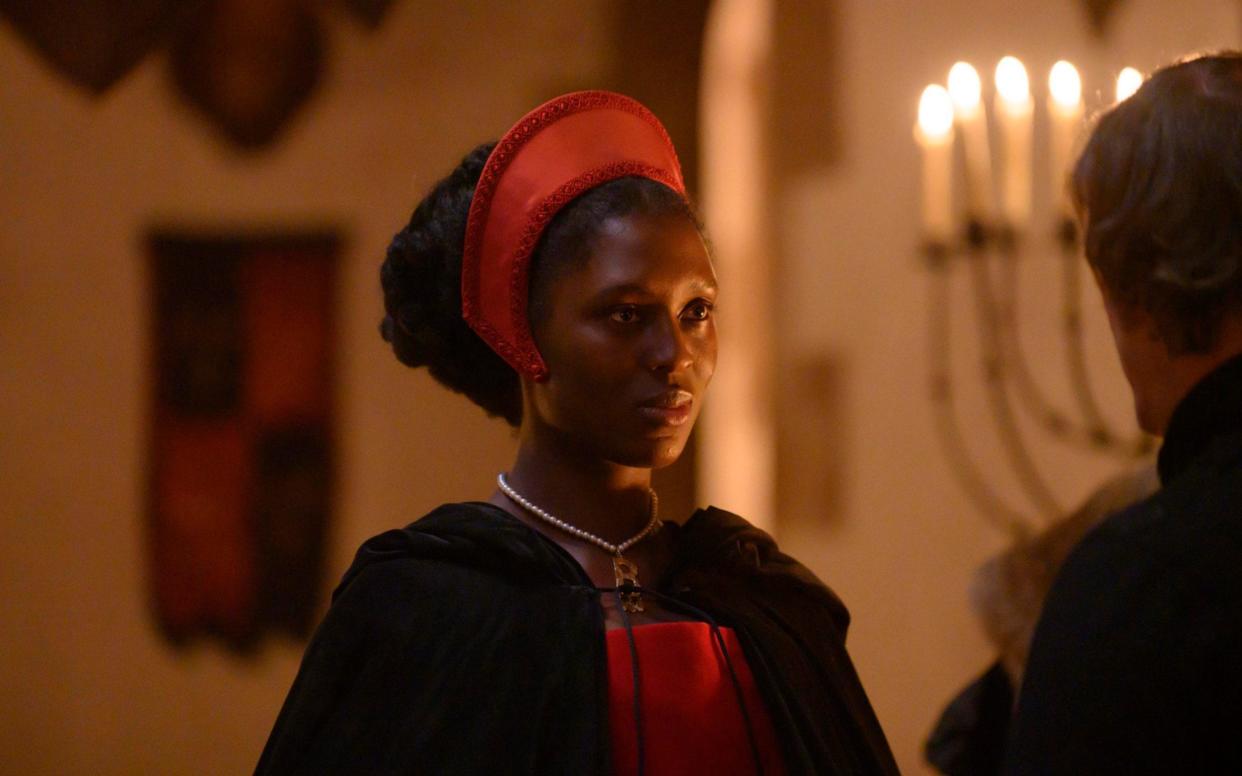Anne Boleyn, episode 2 review: a brief glimpse of the bold, reformist side of Anne Boleyn

Anne Boleyn (Channel 5) has inevitably been unfavourably compared to Wolf Hall, but then so has every period drama of the last five years. To its credit, its approach is closer to the Hilary Mantel adaptation than The Tudors, that wildly overacted folly in which Jonathan Rhys Meyers’s insipid Henry chomped lustily on a chicken leg while plucking out Greensleeves on a lute. If Anne Boleyn’s billing as a “psychological thriller” still felt a stretch, the middle episode confirmed its seriousness of intent and execution in telling a familiar story from a fresh angle: we followed Anne from the trauma of miscarriage to the Tower.
Although Eve Hedderwick Turner’s dialogue veered a little awkwardly from the ornate to the colloquial on occasion, the locations and costumes were worked hard and Lynsey Miller’s direction effectively conjured the saturnine paranoia of the royal court. Low-key casting is largely paying off, with no one overplaying their hand: Mark Stanley was perhaps more comfortable with uxorious charm than bluster and menace, while Barry Ward hinted at Thomas Cromwell’s hidden depths without ever having licence to explore them. But then, this was not their story.
As Anne, Jodie Turner-Smith looked effortlessly regal in every frame as she outmanoeuvred Cromwell over negotiations with the kohl-eyed Spanish ambassador (Phoenix Di Sebastiani) and the proposed legitimacy of her rival, Mary Tudor (Aoife Hinds). Yet, enjoying her ascendancy in the face of gossip over her virtue, rumours of witchcraft and patronising advice regarding her “tempers”, she pushed her luck with an idle, tipsy joke about “dead man’s shoes”. Her allies melted away and all Anne’s intrigues had been for nought.
There were other glimpses, too, of Anne’s rarely acknowledged reformist tendencies, such as reading Tyndale’s Bible. This is the Channel 5 of canny popular history documentaries rather than gypsies, bailiffs and Gregg Wallace. It was all the better for it.


